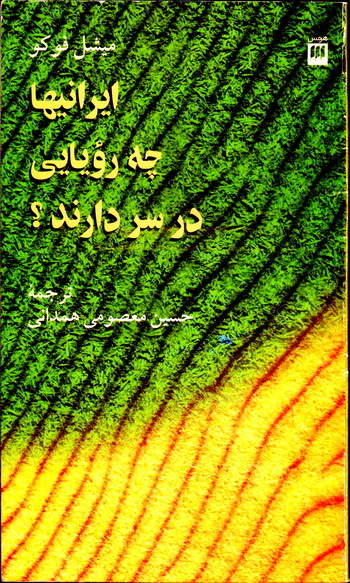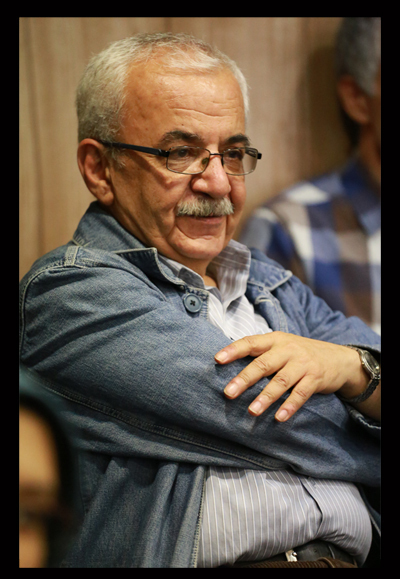
در میان متفکران و نویسندگان غربی، میشل فوکو از معدود کسانی است که رجوع انقلاب اسلامی ایران را به معنویت دریافت و صریحاً اظهار داشت که از زمان انقلاب فرانسه تاکنون برای نخستین بار انقلاب و معنویت به یکدیگر پیوند خورده اند. در این کتاب خواننده با نگاه این متفکر به حوادث انقلاب اسلامی ایران آشنا می شود. آنچه فوکو پس از پیروزی انقلاب درباره وقایع ایران نوشته، و نیز مصاحبه مفصل او با دو خبرنگار فرانسوی درباره ایران و پاسخ هایی که به برخی از خوانندگان مقالات خود داده است در اینجا ترجمه نشده است.
Authors

Michel Foucault was a French philosopher, social theorist and historian of ideas. He held a chair at the Collège de France with the title "History of Systems of Thought," but before he was Professor at University of Tunis, Tunisia, and then Professor at University Paris VIII. He lectured at several different Universities over the world as at the University at Buffalo, the University of California, Berkeley and University of São Paulo, University of Rio de Janeiro, Brazil. Foucault is best known for his critical studies of social institutions, most notably psychiatry, medicine, the human sciences and the prison system, as well as for his work on the history of human sexuality. His writings on power, knowledge, and discourse have been widely influential in academic circles. In the 1960s Foucault was associated with structuralism, a movement from which he distanced himself. Foucault also rejected the poststructuralist and postmodernist labels later attributed to him, preferring to classify his thought as a critical history of modernity rooted in Immanuel Kant. Foucault's project was particularly influenced by Nietzsche, his "genealogy of knowledge" being a direct allusion to Nietzsche's "genealogy of morality". In a late interview he definitively stated: "I am a Nietzschean." Foucault was listed as the most cited scholar in the humanities in 2007 by the ISI Web of Science.
